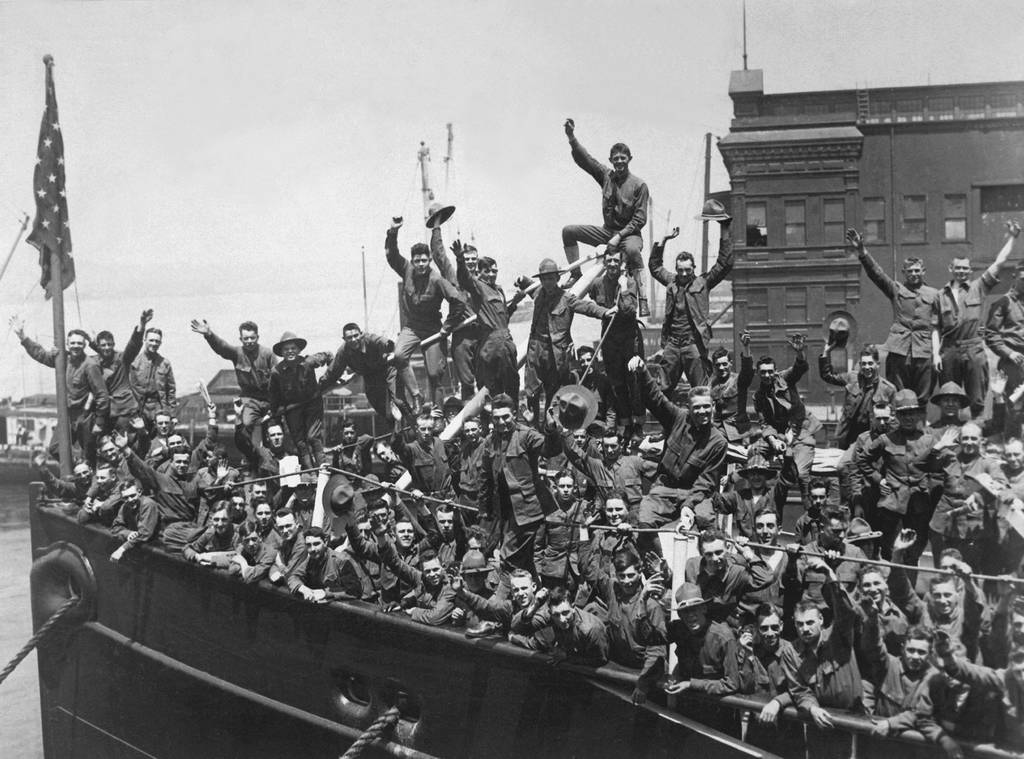World War I, also known as the Great War, was a global conflict that took place between 1914 and 1918. The causes of the war can be traced back to a complex web of political alliances, territorial disputes, and militarism, with the assassination of Archduke Franz Ferdinand acting as a catalyst. The war had a devastating impact on millions of people, introducing new forms of warfare and resulting in the Treaty of Versailles, which imposed heavy penalties on Germany. The redrawing of borders and collapse of empires also contributed to ongoing conflicts. The legacy of World War I continues to shape the world today, emphasizing the importance of peace and diplomacy in preventing future conflicts.
The Legacy of World War I
World War I, also known as the Great War, was a global conflict that took place between 1914 and 1918. It had a profound impact on the 20th century and shaped the course of history in many ways.
The Causes of World War I
The causes of World War I can be traced back to a complex web of political alliances, territorial disputes, and militarism. The assassination of Archduke Franz Ferdinand of Austria-Hungary in 1914 acted as a catalyst for the war, sparking a chain of events that led to the involvement of major world powers.
The Impact of World War I
World War I had a devastating impact on millions of people around the world. It resulted in the loss of millions of lives, both military and civilian, and left a trail of destruction in its wake. The war also introduced new forms of warfare, such as trench warfare and chemical weapons, that had a lasting impact on military tactics.
The Treaty of Versailles
At the end of World War I, the Treaty of Versailles was signed, laying out the terms of peace and imposing heavy penalties on Germany. The treaty placed blame for the war squarely on Germany and forced the country to pay reparations, disarm, and give up territory. These harsh conditions would sow the seeds of resentment and contribute to the rise of Adolf Hitler and the outbreak of World War II.
The Redrawing of Borders
World War I led to the redrawing of borders in Europe and the Middle East, creating new nations and sparking conflicts that would continue for decades. The collapse of empires such as the Ottoman Empire and Austria-Hungary gave rise to new nationalist movements and struggles for independence.
The Legacy of World War I
The legacy of World War I can still be felt today. The war marked a turning point in history, ushering in a new era of global conflict and shaping the political landscape of the 20th century. It also had a lasting impact on technology, culture, and society, influencing everything from art and literature to politics and economics.
Conclusion
World War I was a defining moment in history that shaped the 20th century in profound ways. Its legacy continues to influence the world today, reminding us of the importance of peace, diplomacy, and cooperation in preventing future conflicts.
